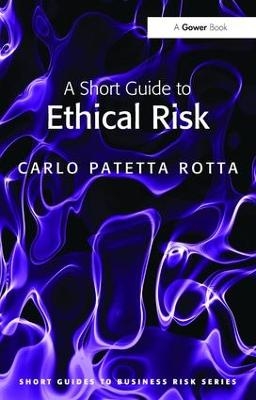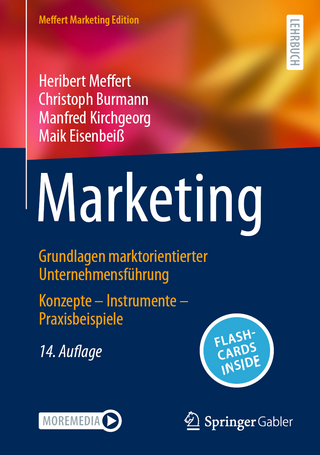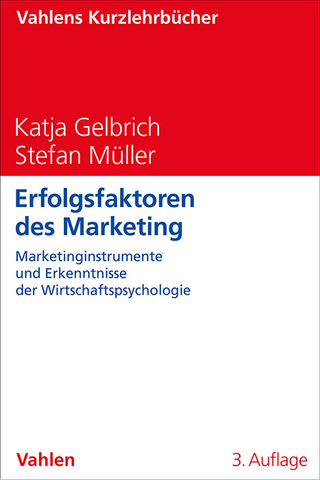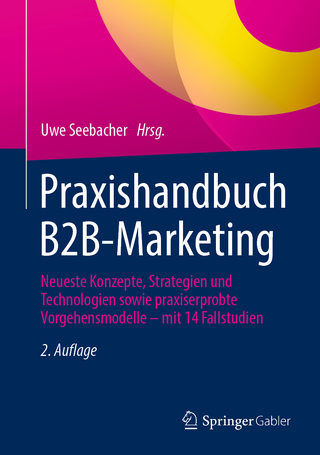
A Short Guide to Ethical Risk
Routledge (Verlag)
978-1-138-46562-6 (ISBN)
- Titel z.Zt. nicht lieferbar
- Versandkostenfrei innerhalb Deutschlands
- Auch auf Rechnung
- Verfügbarkeit in der Filiale vor Ort prüfen
- Artikel merken
Following corporate scandals and the recent bankruptcy of large financial institutions, the public believes that one of the responsibilities of governments, regulators and corporate executives is to do business in compliance with basic ethical values. It is now acknowledged that there has been a general decline in ethical standards in the business world, perhaps due in part to a celebrity culture that overvalues wealth and shallow notions of 'success'. Ethics used to be discussed only by philosophers and academics, but it is now apparent to business leaders that companies wishing to survive into the future have to develop effective protection against exposure to 'ethical risk'. This Short Guide, written by a professional with diverse international experience in auditing and fraud prevention who has specialised in ethics-related issues, serves as a resource for all who need a more complete view of the subject and practical guidance to inform their daily business decisions. Providing an overview of the theories of ethics that bear on today's business world, from Adam Smith's liberalism to stakeholder theory, the Guide explains the human behaviour that gives rise to fraud and corruption in terms of a "fraud triangle theory" according to which unethical behaviours happen when three risk components - psychological pressure, opportunity and rationalisation - are present. 'Pressure' is linked to the unfortunate superstar culture, while 'opportunity' can be reduced through application of adequate control mechanisms and corporate governance models. 'Rationalisation' has to do with the ability of an honest individual to justify a dishonest action in his own eyes. Ethics bears directly on this component and an ethical approach can prevent such self-justification. The adoption of appropriate company cultures and corporate governance models, the selection and retention of ethically sound staff and implementation of fair incentive systems are all advocated by the author, who
Carlo Patetta Rotta graduated from the University of Turin in 1994 with a degree in Business & Economics. He has worked within the auditing and control departments for several international organizations in business sectors from automotive to logistics and from real estate to pharmaceuticals and has experience of IT system and network controls. He has been involved in different countries on a number of international fraud-related cases and is currently practising in London. Patetta Rotta has specialised in internal auditing and he is accredited as a Certified Internal Auditor (CIA) by the Institute of Internal Auditors (IIA). He is accredited as a Certified Fraud Examiner (CFE) by the Association of Certified Fraud Examiners (ACFE). He is also accredited as a Certified Information System Auditor (CISA) by the Information Systems Audit and Control Association (ISACA). Patetta Rotta has published articles on ethics-related issues in a number of professional publications including The Internal Auditor, the magazine of the US Institute of Internal Auditors. Published articles and more information can be found at www.carlopatetta.com.
Contents: Foreword; Preface; Introduction; Ethics according to economists; Ethics applied to economics; The roots of ethical uncertainty: a change in values; Ethical risk and how to manage it; Areas on which to focus efforts; Company functions responsible for monitoring and overseeing ethics; Tools to make companies more ethical; Conclusions.
| Erscheinungsdatum | 07.10.2017 |
|---|---|
| Reihe/Serie | Short Guides to Business Risk |
| Verlagsort | London |
| Sprache | englisch |
| Maße | 138 x 216 mm |
| Gewicht | 470 g |
| Themenwelt | Wirtschaft ► Betriebswirtschaft / Management ► Marketing / Vertrieb |
| Wirtschaft ► Betriebswirtschaft / Management ► Unternehmensführung / Management | |
| Wirtschaft ► Volkswirtschaftslehre | |
| ISBN-10 | 1-138-46562-3 / 1138465623 |
| ISBN-13 | 978-1-138-46562-6 / 9781138465626 |
| Zustand | Neuware |
| Haben Sie eine Frage zum Produkt? |
aus dem Bereich


